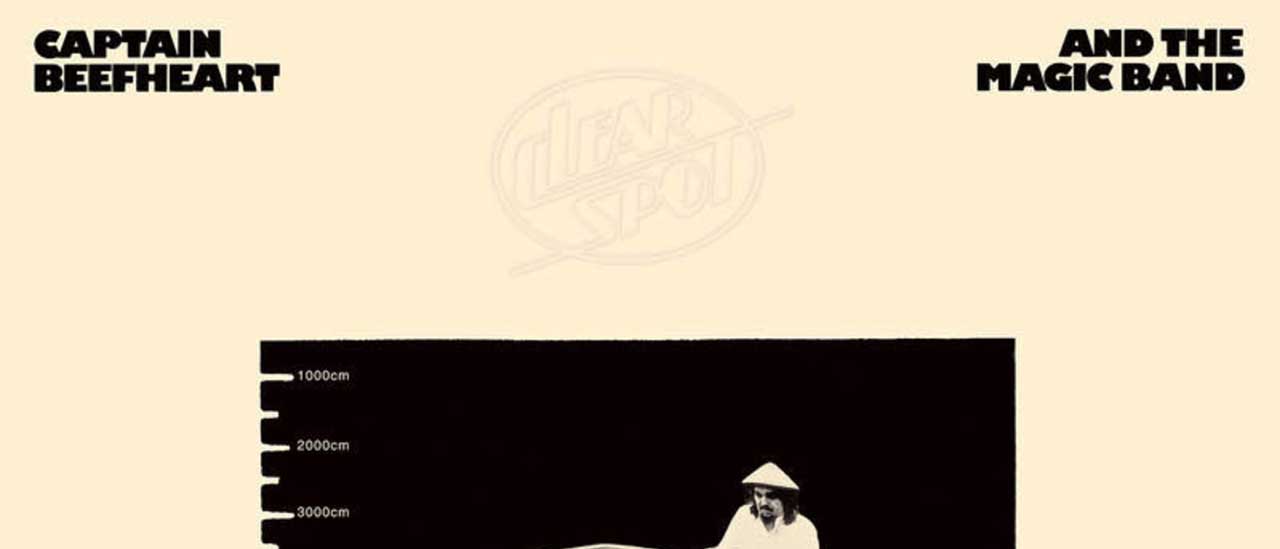You can trust Louder
For those for whom Captain Beefheart’s 1969’s album Trout Mask Replica seems a daunting, byzantine prospect, 1972’s Clear Spot is the perfect gateway – equally brilliant but more accessible, without resorting to bland shortcuts.
On Clear Spot, he and his band meld a sleek storm of blues, boogie, poetry, avant-garde jazz, space-rock, feminism, soul and the uniquely irregular zig-zag wandering weave of the warped Beefheart groove. Each of the players has to assume an alter ego – e.g. Zoot Horn Rollo (Bill Harkleroad), Ed Marimba (Art Tripp) – as if to forfeit their selves and become instruments of Beefheart’s will; become, like him, something else, man.
And Lord, do they jell from the get-go. Lo Yo Yo Stuff’s down-below, frugging riff grinds deep, dark and soft, its gratification tempered by Nowadays A Woman’s Gotta Hit A Man, slapping and sliding. Incidentally, Zoot Horn Rollo’s slide is better than Jimmy Page’s on When The Levee Breaks. It’s with Too Much Time, My Head Is My Only House Unless It Rains and Her Eyes Are A Blue Million Miles, however, that Beefheart hits an entirely new register – Stax-soulful, plaintive, a whole other body and soul.
Still, the crest of Clear Spot, the climax, still rising after all these years, is Big Eyed Beans From Venus, on which Zoot hits that long lunar note, piercing a hole in the ozone layer through which the Venusian manna can flow, now as then.
Not many people knew it, but this was one of the albums of 1972. Its hugeness was in inverse proportion to its sales. In search of a commercial breakthrough, Beefheart had enlisted producer Ted Templeman and engineer Don Landee, who had helped polish and shape the Doobie Brothers and Van Morrison. Meanwhile, he ceded arrangements to the highly gifted Zoot Horn Rollo.
The second disc on this edition, one of a spate of reissues from Rhino, features rare out-takes, alternative versions and rough mixes from the Clear Spot sessions. While it’s fascinating to hear how these tracks took shape, ultimately it’s the rejected material, the sweet spot where Beefheart and the Magic Band alighted, that truly counts.
Sign up below to get the latest from Classic Rock, plus exclusive special offers, direct to your inbox!
David Stubbs is a music, film, TV and football journalist. He has written for The Guardian, NME, The Wire and Uncut, and has written books on Jimi Hendrix, Eminem, Electronic Music and the footballer Charlie Nicholas.


